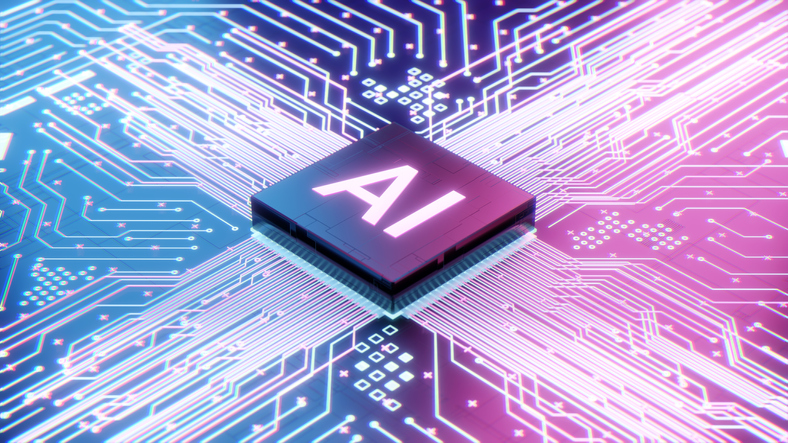The UK Prime Minister, Rishi Sunak, recently hosted the Bletchley Park Summit at which various tech companies agreed on safety testing AI models before they are released amid concerns that about the lack of transparency about the data they use to generate their output – but who owns the IP in such output?
Copyright legislation in the UK protects original creative works such as music, art, and literature. Whilst there is no rule that states that a human needs to be involved in this process, the concept that the work needs to be original suggests that there needs to be some level of involvement from a person who can make some judgement over the creative choices and its originality as a whole.
Although UK legislation can protect completely computer-generated works under the Copyright, Designs and Patents Act 1988, it is unlikely that the computer program or AI can be the owner of the works. Instead, the owner is likely to be the person who made the arrangements necessary to create the AI-generated work.
Defining who this person is will probably depend on how much interaction someone has with the AI algorithm (and therefore the overall creation of the works). For instance, if the AI only requires minimal input from the user, then the assumption would be that the work is owned by the platform creators, instead of the person directing the AI, as the creators will have had more input into the overall creation of the works.
In contrast, where the AI model requires a larger quantity of input and guidance from the user, it seems more likely that the ownership would fall to the user, rather than the creator, of the platform.
Although copyright legislation provides a starting point as to understanding who might own works produced by AI, there are other factors which may need to be taken into account. For example, someone using an AI platform should check the platform’s terms and conditions as these may contain specific contract terms about the ownership of any works generated by the platform, with the platform owners owning the IP and granting only a licence for the platform user to use the work on restricted terms.
Another complication is that the AI platform might use copyright materials from the internet when producing its work, in which case have the platform creators obtained the appropriate licences from the copyright owner? It is possible that a platform might trawl the internet for data and include third party content without the relevant permissions.
While these issues may seem somewhat esoteric, they are likely to have increasing relevance as more people start using AI platforms such as ChatGPT to generate material which they may then use for their own purposes.
We will continue to follow developments in this area as it is likely that over the next few years the technology will continue to develop, and its use will become increasingly commonplace.
If you have any questions as a result of this article, or would like help with technology related contracts or intellectual property issues, please contact [email protected]

